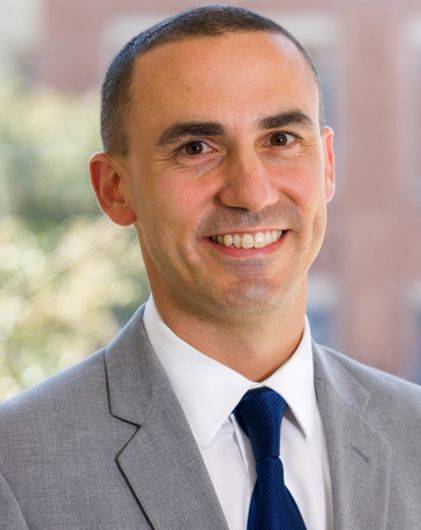Fifth Circuit Scrutinizes NLRB’s Expanded Remedies Against Employers for Unfair Labor Practices
A Fifth Circuit panel recently heard oral arguments in a case challenging the National Labor Relations Board’s effort to expand the remedies available for unfair labor practices under the NLRA. When an employee is injured by unlawful labor practices, the Board has authority to seek relief that makes the employee “whole.” This “make-whole” relief is traditionally viewed as authorizing the injured employee’s reinstatement and back pay, but a 2022 decision extended the employer’s liability beyond these measures.
In the 2022 ruling, the Board expanded the remedies at issue by finding an employer, Thryv, Inc., liable for all “direct or foreseeable pecuniary harms” suffered by an employee as a result of Thryv’s unfair labor practices. Through this remedy, employers may be liable for damages beyond mere backpay and benefits. These could extend to an employee’s economic losses that are a “direct and foreseeable” consequence of an employer’s unfair labor practice, such as late fees associated with missed payments, health care expenses after insurance coverage ends, or even repossession of property due to lost income.
Thryv now challenges the 2022 ruling in the Fifth Circuit, claiming the Board seeks damages exceeding its authority to “make whole” employees injured by unfair labor practices. Thryv explains the Board targets damages beyond back pay and reinstatement and extending to compensation for injuries that occurred as a consequence of an unfair labor practice. The Board counters that these remedies are meant to obtain make-whole relief for injured employees, which relief the Board says should include recovery for all “direct and foreseeable harms” that flow from the unfair labor practice.
NLRB General Counsel Jennifer Abbruzzo has made clear her position that damages for unfair labor practices should include any “pain and suffering” that can be traced to the unfair labor practice. The Board’s 2022 ruling expressly leaves open the door to further expansion by emphasizing that the relief ordered against Thryv does not “reflect[] the limits” of the Board’s remedial authority and that other forms of make-whole relief might be necessary in future cases. The Board’s 2022 decision thus signals the first significant legal test of the trend toward expanding remedies consistent with the general counsel’s current position, making this appeal an important case for employers to watch.
Please contact Nick Morisani or any member of Phelps’ Labor and Employment team with questions or for advice and guidance.


